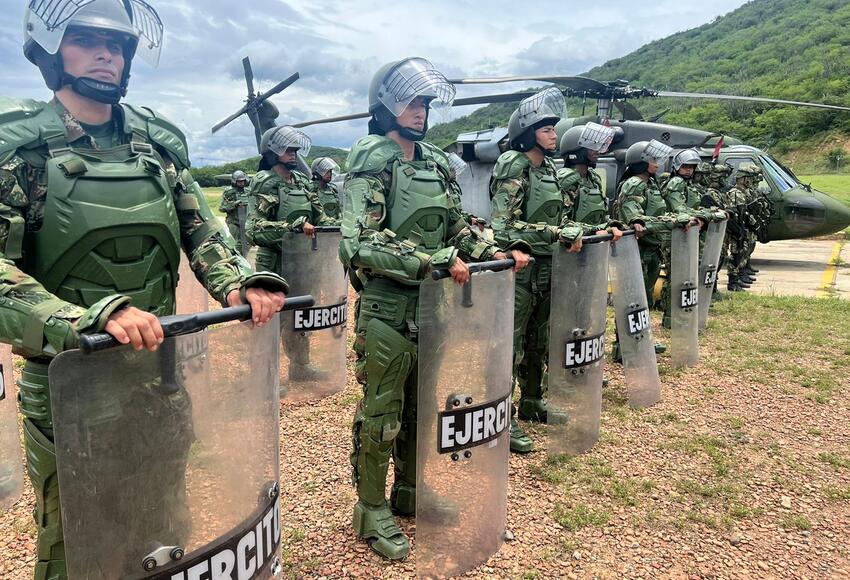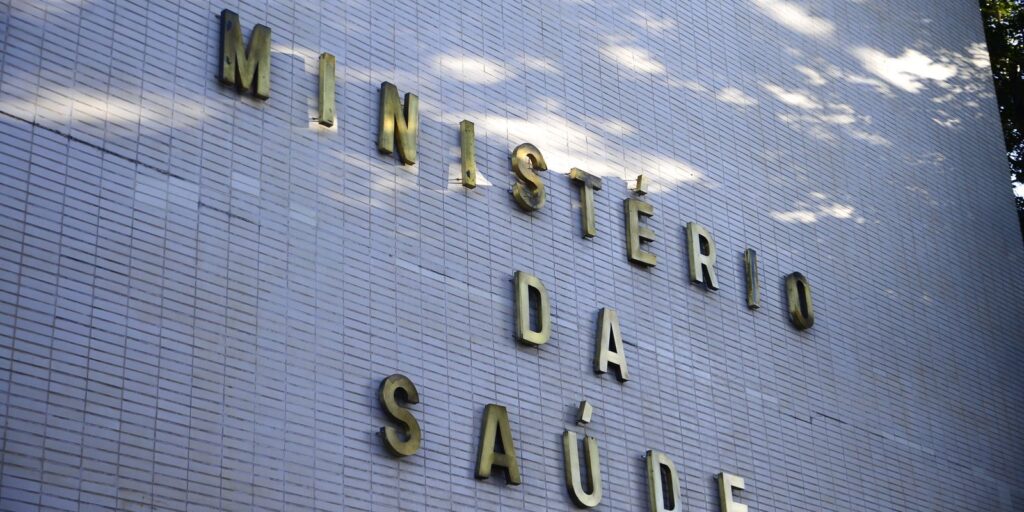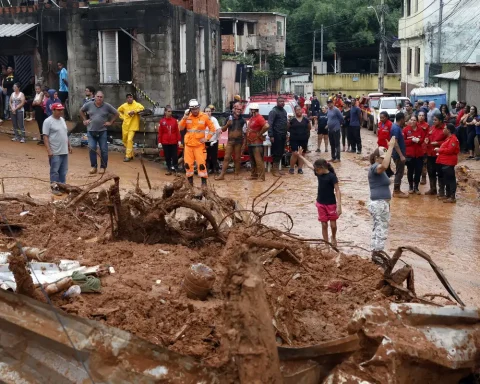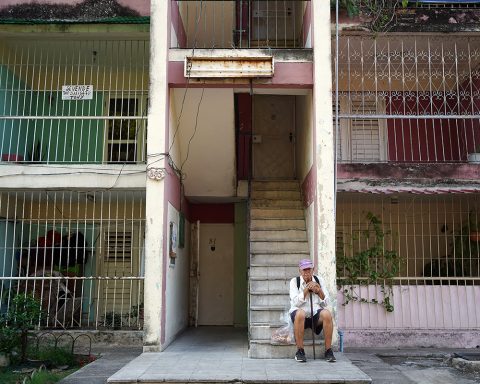The Chamber of Deputies approved and sent the “Escazú Agreement” to the Senate. The decision for Chile to adhere to the environmental treaty was endorsed with 105 votes in favor, 34 against and three abstentions.
The government celebrated the legislative progress of the measure, which was attended by the Minister of the Environment, Maisa Rojas, and the Minister of Foreign Relations, Antonia Urrejola, who stated that “as a government we are really happy.”
“That is tremendous if we remember that three, four years ago, Chile left the ratification, it had turned its back on Escazú, and two months into the government we have had this broad support,” he said.
“I want to thank not only the parliamentarians of the ruling party, but also those of the opposition who made this possible,” he added.
?#EscazúAgreement advance in Congress!
The project that approves the Regional Agreement on access to information, public participation and justice in environmental matters in Latin America and the Caribbean passes to the Senate?? It is the only one in the world that protects environmental defenders?– Government of Chile (@GobiernodeChile) May 11, 2022
On the other hand, the deputy and president of the Environment Commission, Daniel Melo (PS), valued the decision of the Lower House, affirming that the approval “is a great advance.”
“We hope that with this advance the Senate will also approve it, in order to amend facts as unfortunate as the existence of sacrifice zones as Tocopilla, Mejillones, Huasco, Coronel, Quintero-Puchuncaví and Til Til have been identified, territories that are seriously polluted and where pollution is justified in pursuit of a development that only reaches a few”, he emphasized.
“We also hope that with the approval of this agreement, the legislation of our country will be expeditiously adapted around the deepening of information, participation, justice and environmental democracy, as well as the protection of human rights defenders. environmental issues, since Chile is not exempt from the reality that threatens activists, who put their lives at risk to protect the environment, among them, how not to remember Macarena Valdés and Alejandro Castro, who lost their lives for facing evil development,” he deepened.
It should be noted that the Escazú Agreement is the first environmental treaty in Latin America and the only one in the world to protect activists and defenders of nature, and aims to guarantee the right of access to environmental information, public participation in processes of taking of environmental decisions and access to justice in environmental matters.
To date, the Escazú Agreement has 24 signatures and 12 ratifications, among which are Antigua and Barbuda, Argentina, Ecuador, Bolivia, Mexico, Guyana, Panama, Saint Kitts and Nevis, Nicaragua, Saint Lucia, the Grenadines, Uruguay and Saint Vincent.
















